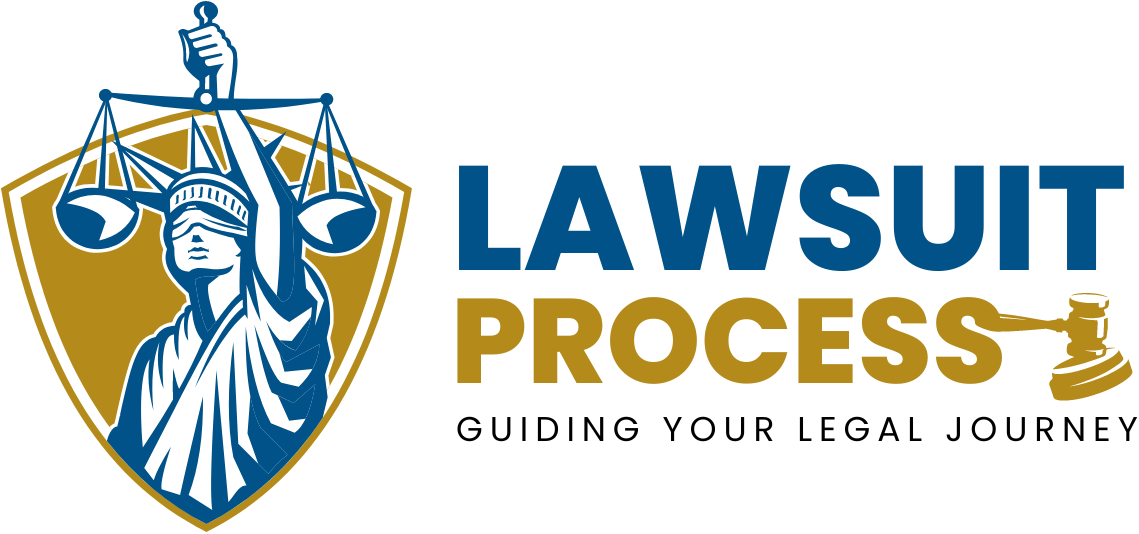Car accidents are an unfortunate reality on today’s roads, often leading to injuries that can have lasting physical, emotional, and financial impacts. If you’ve been involved in a car accident and suffered an injury, understanding the personal injury claims process is crucial to securing the compensation you deserve. This comprehensive guide will walk you through everything you need to know about personal injury claims related to car accidents.
Understanding Personal Injury Claims
What Is a Personal Injury Claim?
A personal injury claim is a legal process by which an injured party seeks compensation for damages resulting from another party’s negligence or wrongful actions. In the context of car accidents, this typically involves seeking financial restitution from the at-fault driver or their insurance company to cover medical expenses, lost wages, property damage, and other related costs.
Types of Personal Injuries in Car Accidents
Car accidents can result in a wide range of injuries, from minor cuts and bruises to severe, life-altering conditions. Common injuries include:
- Whiplash: Neck strain caused by sudden movement.
- Broken Bones: Fractures resulting from impact.
- Spinal Cord Injuries: Damage that can lead to paralysis.
- Traumatic Brain Injuries: Concussions or more severe brain damage.
- Soft Tissue Injuries: Damage to muscles, ligaments, and tendons.
- Psychological Trauma: Emotional distress such as PTSD.
Understanding the nature and extent of your injuries is essential for determining the value of your claim.
Determining Liability
Fault and Negligence
Establishing liability is a critical component of a personal injury claim. In most cases, you’ll need to prove that the other driver was negligent, meaning they failed to exercise reasonable care, resulting in the accident. Evidence of negligence might include:
- Traffic Violations: Speeding, running a red light, or DUI.
- Distracted Driving: Texting or using a phone while driving.
- Reckless Driving: Aggressive maneuvers or ignoring road conditions.
Comparative Negligence
Some states follow the doctrine of comparative negligence, where fault can be shared between parties. If you are found partially at fault for the accident, your compensation may be reduced proportionally. For example, if you are 20% at fault, your claim may be reduced by 20%.
Steps to Take After a Car Accident
Immediate Actions
- Ensure Safety: Move to a safe location if possible.
- Call 911: Report the accident and request medical assistance if needed.
- Do Not Admit Fault: Avoid making statements that could be interpreted as admitting liability.
Gathering Evidence
- Exchange Information: Obtain names, contact details, and insurance information from all parties involved.
- Document the Scene: Take photographs of the vehicles, injuries, and surroundings.
- Witnesses: Collect contact information from any witnesses.
Seek Medical Attention
Even if injuries seem minor, it’s important to get a medical evaluation. Some injuries may not be immediately apparent. Medical records will also serve as critical evidence in your claim.
Filing a Personal Injury Claim
Reporting the Accident
Notify your insurance company as soon as possible. Provide them with accurate information but avoid speculating or admitting fault.
Dealing with Insurance Companies
Insurance adjusters may contact you for statements or to offer a settlement. Be cautious:
- Consult an Attorney: Before accepting any offers or providing detailed statements.
- Document Everything: Keep records of all communications.
Statute of Limitations
Each state has a time limit for filing personal injury claims, known as the statute of limitations. This period typically ranges from one to six years. Missing this deadline can forfeit your right to compensation.
Calculating Compensation
Economic Damages
These are quantifiable losses, including:
- Medical Expenses: Hospital bills, rehabilitation costs, future medical care.
- Lost Wages: Income lost due to inability to work.
- Property Damage: Costs to repair or replace your vehicle.
Non-Economic Damages
These compensate for subjective, non-monetary losses:
- Pain and Suffering: Physical pain and emotional distress.
- Loss of Consortium: Impact on relationships with family members.
- Disfigurement or Disability: Permanent changes to appearance or abilities.
Punitive Damages
In cases of gross negligence or intentional harm, punitive damages may be awarded to punish the at-fault party and deter similar behavior.
The Role of a Personal Injury Lawyer
When to Hire a Lawyer
Consider hiring an attorney if:
- Serious Injuries: You’ve sustained significant injuries.
- Disputed Liability: Fault is contested.
- Insurance Issues: The insurance company denies your claim or offers a low settlement.
How a Lawyer Can Help
- Legal Expertise: Navigate complex legal procedures.
- Negotiation Skills: Handle communications with insurance companies.
- Maximize Compensation: Ensure all damages are considered.
Selecting the Right Attorney
- Experience: Look for a lawyer with a strong track record in car accident cases.
- Reputation: Check reviews and professional standings.
- Comfort Level: Choose someone you feel comfortable communicating with.
Settlement vs. Litigation
Negotiating a Settlement
Most personal injury claims are settled out of court. Benefits include:
- Faster Resolution: Avoid lengthy court proceedings.
- Certainty: Guaranteed compensation without the unpredictability of a trial.
- Lower Costs: Reduced legal fees compared to going to court.
Going to Court
If a fair settlement can’t be reached, litigation may be necessary. Considerations include:
- Time-Consuming: Trials can take months or years.
- Risk: There’s no guarantee of winning.
- Potential for Higher Compensation: Juries may award more than settlement offers.
Pros and Cons
Evaluate the pros and cons with your attorney to decide the best course of action for your situation.
Common Challenges and How to Overcome Them
Denied Claims
Insurance companies may deny claims for various reasons:
- Policy Exclusions: The incident isn’t covered.
- Disputed Liability: They believe their policyholder isn’t at fault.
- Lapsed Policies: The at-fault driver’s insurance was not active.
Solution: Review the denial letter carefully and consult an attorney to challenge the decision.
Low Settlement Offers
Initial offers may be lower than what you deserve.
Solution: Provide additional evidence, negotiate firmly, and consider legal representation.
Insurance Company Tactics
Adjusters may use tactics to minimize payouts, such as:
- Delaying Claims: Hoping you’ll accept a lower offer out of frustration.
- Requesting Excessive Documentation: To slow down the process.
Solution: Stay organized, respond promptly, and keep thorough records.
Conclusion
Navigating the personal injury claims process after a car accident can be complex and overwhelming. Understanding your rights, the steps to take, and the potential challenges can significantly impact the outcome of your claim. Remember to act promptly, gather sufficient evidence, and consider seeking legal assistance to ensure you receive the compensation you deserve.
Final Notes
- Prioritize Your Health: Always seek medical attention first.
- Be Proactive: Start the claims process as soon as possible.
- Stay Informed: Knowledge is power in legal matters.
- Consult Professionals: Don’t hesitate to seek expert advice.
By being informed and prepared, you can effectively navigate the personal injury (after a car accident) claims process and focus on your recovery.










